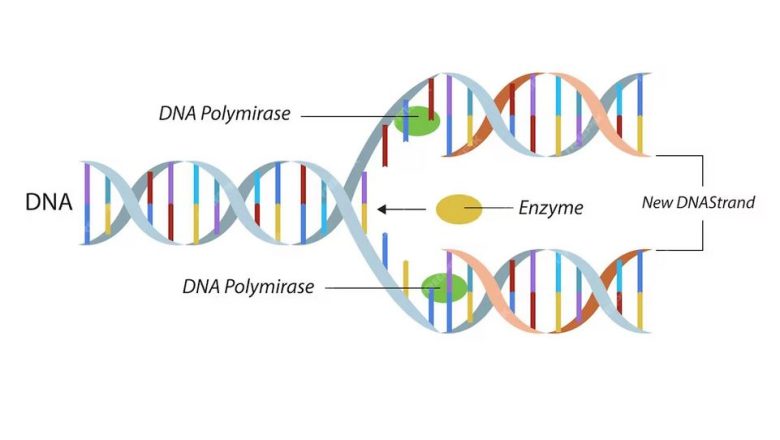
How cells retain memory when they divide
Every cell in our body has the same genetic information stored in its DNA. However, cells differ because they express specific genes required to become a certain type, like nerve cells or immune cells, among others. The cell's fate is controlled by chemical modifications on its DNA, determining which genes are active or inactive. When cells divide and copy their DNA, they lose some of these chemical modifications, raising the question of how they remember their identity.
A new study from MIT proposes a model to explain how cells retain this memory when they divide. It suggests that the 3D folding pattern of a cell's DNA influences which parts of the DNA receive these chemical modifications. After DNA is copied during cell division, some modifications are lost, but the 3D folding helps e...
